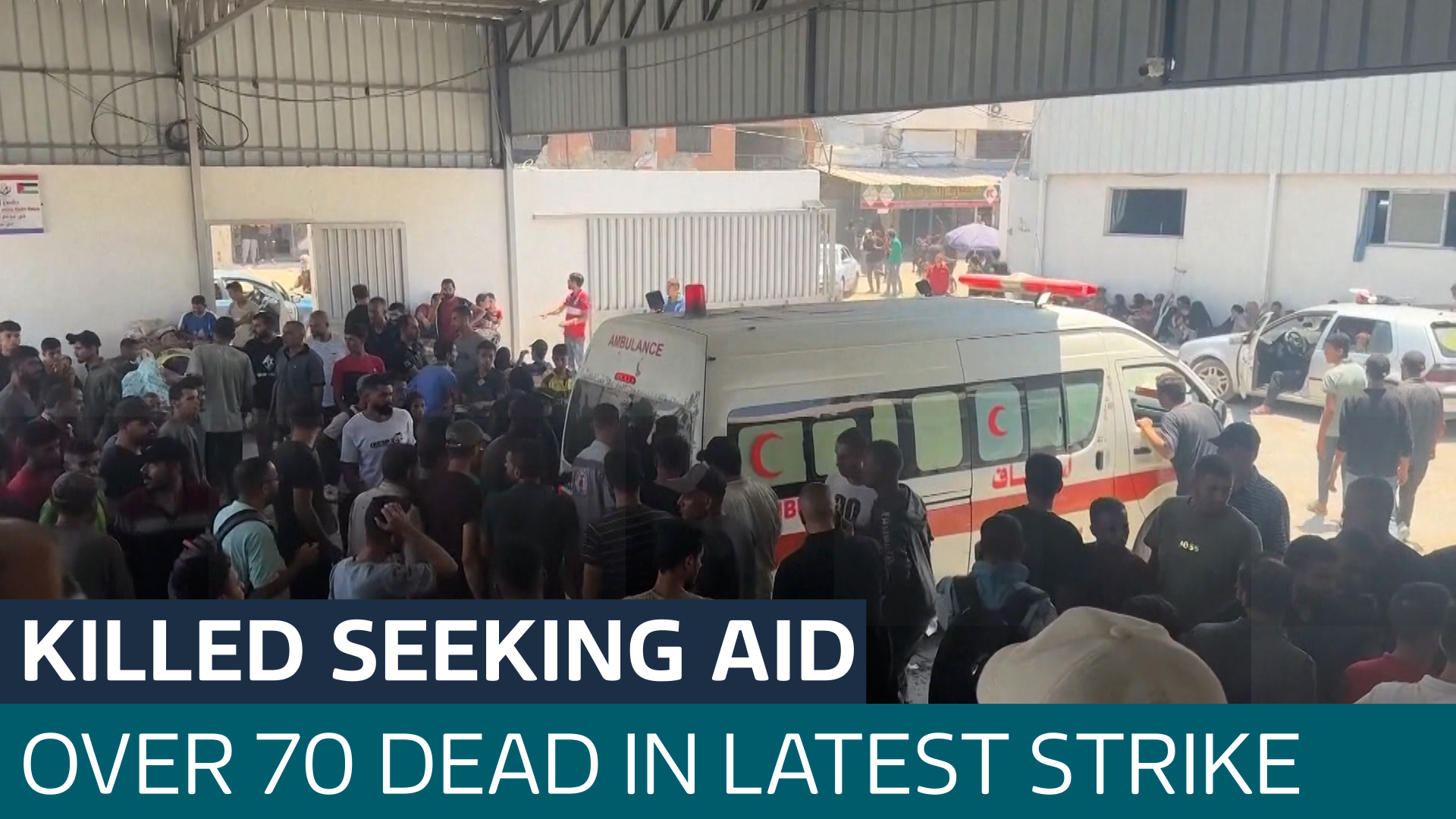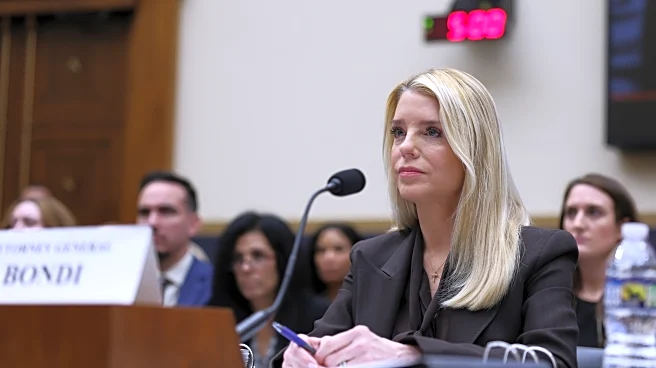In a devastating incident in northern Gaza, Israeli gunfire resulted in the deaths of at least 67 to 93 Palestinians who were gathering to receive much-needed humanitarian aid on July 20, 2025. Reports
Did You Know
The average person spends six months of their life waiting for red lights to turn green.
?
AD
indicate that in their desperate search for food and medical assistance, civilians found themselves in the crosshairs of escalating violence. The tragedy unfolded as the Israeli military fired upon crowds it deemed a threat, prompting outrage and sorrow from global observers. More than 150 individuals were reported injured, with many suffering critical wounds, reflecting the perilous conditions faced by those striving to survive in a war-torn landscape.
The unfolding situation highlights a disturbing trend amid ongoing hostilities between Israel and Hamas, where civilians are increasingly targeted. Witnesses recounted harrowing scenes as families flocked to aid distribution points, only to be met with deadly force. The humanitarian crisis in Gaza has reached alarming levels, exacerbated by continuous military operations and blockades that limit access to essential supplies. As hunger mounts and medical resources dwindle, the plight of those seeking aid cries out for urgent intervention from the international community.
Pope Leo XIV has decried the violence as 'barbaric,' echoing a growing chorus of calls for accountability and peace. Human rights organizations are escalating their demands for investigations into the lethal use of force against civilians, as the situation spirals towards an even deeper crisis. The world watches closely, grappling with the implications of this tragedy, as civilians in Gaza continue to bear the brunt of a conflict that shows no signs of abating.
Q&A (Auto-generated by AI)
What are anti-terror laws in the UK?
Anti-terror laws in the UK are legal frameworks designed to prevent and respond to terrorism. These laws enable authorities to proscribe organizations deemed to be involved in terrorist activities, allowing for actions such as surveillance, detention, and prosecution. The Terrorism Act 2000 is a key piece of legislation that outlines these provisions. Proscription of a group means that it is illegal to be a member or support it, which can significantly impact political activism and civil liberties.
Who is Huda Ammori and her role?
Huda Ammori is a co-founder and prominent activist of Palestine Action, a group advocating for Palestinian rights and opposing Israeli policies. She has been instrumental in organizing protests and actions against companies linked to the Israeli military. Ammori's role includes challenging governmental decisions, such as the proscription of her organization under anti-terror laws, which she views as an infringement on free speech and a tactic to silence dissent.
What led to Palestine Action's proscription?
Palestine Action was proscribed under UK anti-terror laws due to its direct actions against companies that supply military equipment to Israel. The UK government, particularly under the leadership of Yvette Cooper, deemed the group's activities as a threat to national security. This decision followed a series of high-profile protests and direct actions that raised concerns about public safety and the potential for violence, prompting the government's response to categorize the group as a terrorist organization.
How does the ban affect activism in the UK?
The ban on Palestine Action significantly impacts activism in the UK by criminalizing support for the group and its activities. It raises concerns among activists about freedom of expression and the right to protest. Many view the proscription as a chilling effect on dissent, potentially discouraging individuals from engaging in similar movements. Additionally, it sets a precedent for how the government might handle other activist groups, leading to fears of broader restrictions on civil liberties.
What is the history of Palestine Action?
Palestine Action was founded in 2020 as a grassroots movement aimed at opposing Israeli military actions and advocating for Palestinian rights. The group employs direct action tactics, including protests and sit-ins, to disrupt the operations of companies that support the Israeli military. It emerged in response to growing frustration over the perceived inaction of traditional political avenues to address Palestinian issues, aiming to raise awareness and mobilize public support for the cause.

















